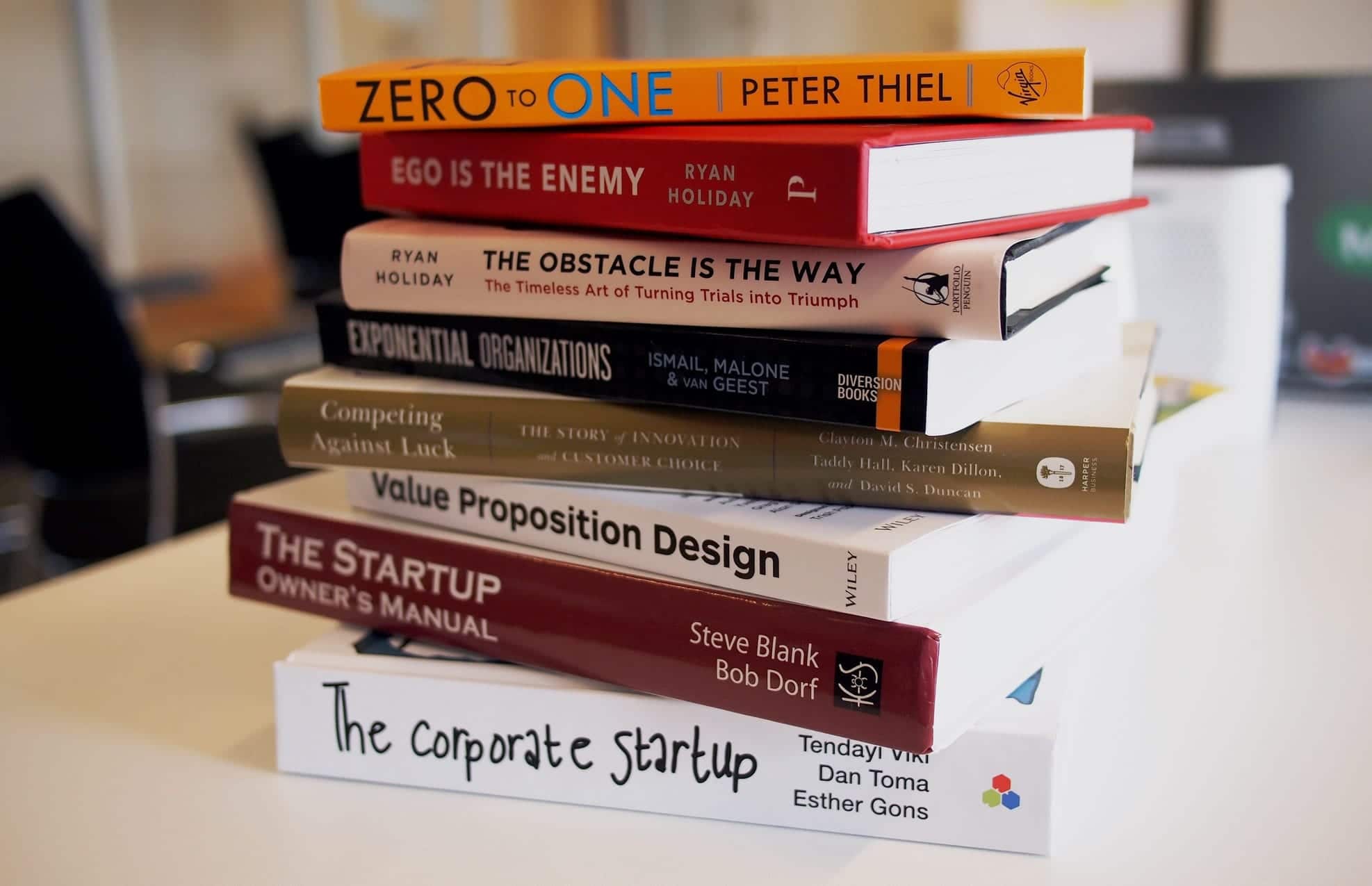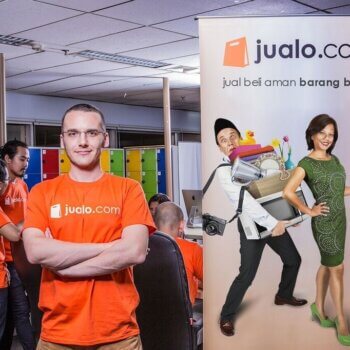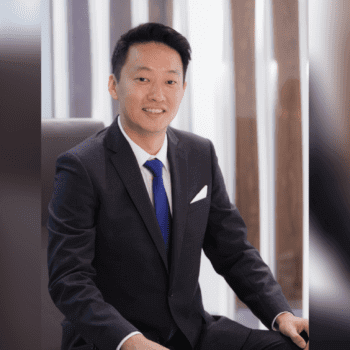The Most Important Thing
“The most important things is this…”, is a phrase I noticed we said a lot during our weekly update sessions. But about lots of different things. The reality is lots of aspects of a business are crucial. Getting your sales model right is the most important thing. So is getting your business model right. So is hiring and choosing the right co-founder.
Your job as a founder (and a mentor) is to prioritise and focus on the right thing for that week to get you closer to the next stage — it’s not about trying to do a million things at once, poorly.
You Have Only 2 Options
So, how do you prioritise what to do in the early months?
The way we approach this is to work out what is the startup’s runway (when do they run out of cash? Or trickier, when do they need to go get a ‘real job’?) and work out how to get that first customer cheque or first round of investor financing before that point hits. It’s not an easy task but it’s an important reality check that will influence what you (should) do today.
I like to say startups have only two options in the first 12 months:
- Make enough money from your customers to pay your salary; or
- Raise money from investors to continue to fund the business.
That’s it. What you do everyday should be working to that goal.
Why Now?
Another consistent lesson from each cohort is whether the founders can answer the ‘why now’ question about their business. Why is now the time to be building this business?
This is an important question every founder should be able to answer. It gives context to why this is an opportunity that exists today and is worth pursuing. You could be riding a new industry wave, like autonomous cars, or looking at new regulation, for example bank deregulation, that could open up an entire new sub-category within a market.
As a founder, you should collect a “body of evidence” and be able to reference this when pitching your business to investors and customers.
What is Your Value Prop? (Aka Risk Mitigation)
We have a big focus on customer development in our accelerator. This is just another way of saying ‘go discover what your value proposition is in the eyes of your customer’.
Often new founders, especially technical founders, avoid talking to their customers about their pain points and pricing. But understanding their needs before you build the solution will save you time and money in the long term.
In some respects it’s easier to go out and build a solution in isolation and force it onto your customers. But do you have enough time and money to do this strategy if it doesn’t work first time around? For 99% of startups, I believe that answer is no.
Another way to think about this is that customer development is a risk mitigation activity. Knowing what your customer needs are now will reduce your product risk in the future. And in startups, anything that reduces your risk now is a good thing.
What does this mean for you?
Founders have a million things to do all the time and there’s nothing that will ‘solve’ this dilemma, it’s just how it is when you run a business. Understanding what to prioritise and when will help you get to your next stage, be it through fundraising or bootstrapping your business, faster and more successfully.
About the Author
This article was written by James Alexander, Co-Founder of Galileo Ventures and INCUBATE.
INCUBATE’s Class 13 recently graduated eight startups, and as a cohort generated $390,000 in revenue and gained 636 customers over 14 weeks — pretty impressive for pre-seed startups! The founders represented a variety of diverse backgrounds, including 12 different nationalities, undergraduates, post-grads, and researchers.
Want to apply to the next INCUBATE accelerator? Apply here. ?





























